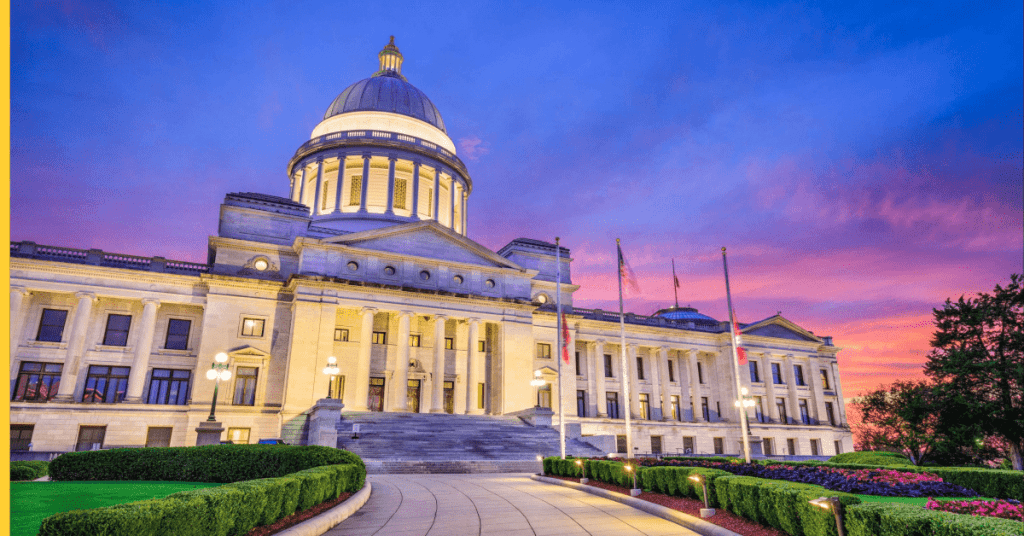If passed, the legislation would also make it illegal to operate unlicensed online gambling sites within the state.
Introduced as House Bill 1861 on March 19, this initiative is a coordinated effort between state lawmakers and licensed casino operators to combat the rising number of unregulated offshore gambling websites.
The bill, sponsored by Rep. Matt Duffield and Sen. Dave Wallace, has garnered bipartisan support, including endorsements from Senate President Pro Tempore Bart Hester and Representatives Ken Ferguson and Glenn Barnes.
Next, HB 1861 will be reviewed by the House Judiciary Committee, but discussions are expected to be postponed until lawmakers return from their spring break in April. A related Senate bill was withdrawn shortly after it was filed.
HB 1861 aims to broaden mobile gaming to encompass online versions of classic casino games such as blackjack, roulette, and craps, which could be made available through mobile applications operated by the three licensed casinos: Oaklawn Racing Casino Resort, Saracen Casino Resort, and Southland Casino Resort.
Confronting the Rise of Unlicensed Gambling
This push for online casino gambling legislation responds to rising concerns over the prevalence of unlicensed offshore gambling platforms. Carlton Saffa, chief marketing officer at Saracen Casino, characterized the bill as a defensive strategy against the unchecked presence of illegal online gambling operators.
Turning Illegal Gambling into a Felony
The proposed legislation stipulates that running an unlicensed online casino or sports betting service in Arkansas would constitute a felony. The bill aims to ensure that only the state’s three licensed casinos are permitted to provide online gaming services, thereby protecting consumers, safeguarding state revenue, and reinforcing the regulatory structure established by Amendment 100, which authorized casino and sports betting in Arkansas in 2018.
While the existing framework allows for a fourth casino license designated for Pope County, it has yet to be awarded and is unlikely to be issued amid ongoing disputes over its control. Consequently, the three licensed casinos will remain the only eligible operators under the current framework, with the bill designed to affirm their exclusive rights to expand into the online gaming realm.
Despite the apparent political support for the proposal, it faces opposition from the Social and Promotional Games Association (SPGA), which argues that the legislation reflects “anti-competitive efforts by established casino operators” and poses a significant threat to business innovation and consumer choice regarding gaming options available on mobile platforms.



